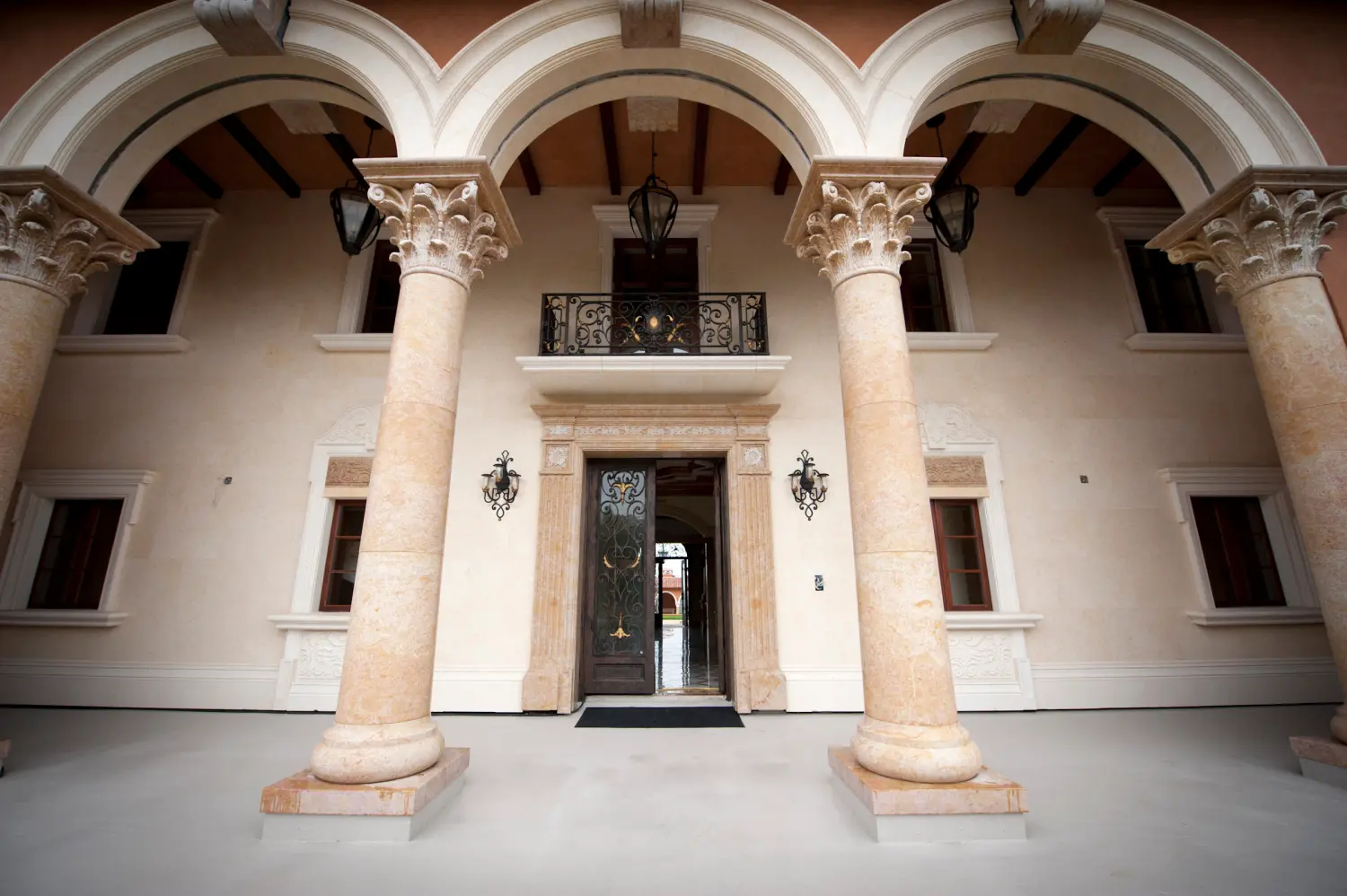This paper is part of the Fall 2019 edition of the Brookings Papers on Economic Activity, the leading conference series and journal in economics for timely, cutting-edge research about real-world policy issues. Research findings are presented in a clear and accessible style to maximize their impact on economic understanding and policymaking. The editors are Brookings Nonresident Senior Fellow and Northwestern University Professor of Economics Janice Eberly and Brookings Nonresident Senior Fellow and Harvard University Professor of Economics James Stock. Read summaries of all six papers from the journal here.
Summary
Emmanuel Saez and Gabriel Zucman present the key elements needed to successfully implement a progressive wealth tax in the United States. They estimate the wealth tax base is between 9 and 13 trillion dollars for a wealth tax applied to the 0.1% richest families, depending on the wealth measurement used. Using a new model of wealth taxation of billionaires to illustrate the long-run effects of wealth taxation on top fortunes, they find that a moderate wealth tax in place since 1982, with a 3% marginal tax rate above $1 billion, would have reduced the total share of wealth owned in 2018 by the 400 richest Americans from about 3.5% to about 2%. A more radical wealth tax, with a 10% marginal tax rate above $1 billion, would have reduced this share further to about 1%.
Citation
Saez, Emmanuel, and Gabriel Zucman. 2019. “Progressive wealth taxation.” Brookings Papers on Economic Activity, Fall, 437-533.
Conflict of Interest Disclosure
Conflict of Interest Disclosure: Emmanuel Saez holds the Chancellor’s Professorship of Tax Policy and Public Finance and directs the Center for Equitable Growth at the University of California, Berkeley; Gabriel Zucman is an assistant professor of economics at the University of California, Berkeley. Beyond these affiliations, the authors did not receive financial support from any firm or person for this paper or from any firm or person with a financial or political interest in this paper. They are currently not officers, directors, or board members of any organization with an interest in this paper. No outside party had the right to review this paper before circulation. The views expressed in this paper are those of the authors, and do not necessarily reflect those of the University of California, Berkeley. The authors have advised several presidential campaigns recently on the issue of a wealth tax.






